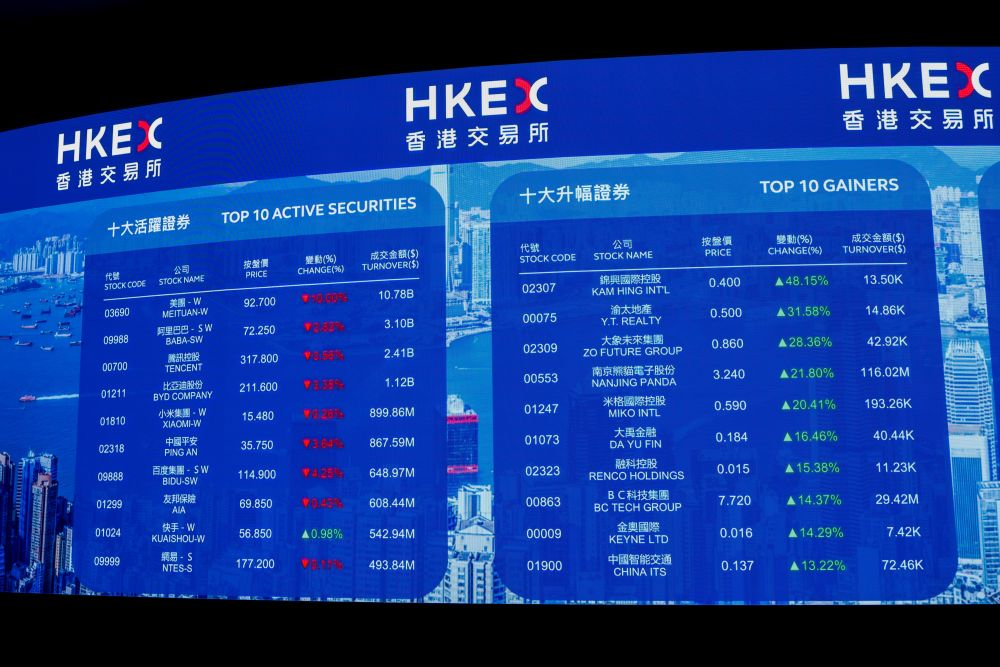The Global Reporting Initiative (GRI), a non-profit organisation offering sustainability-focused reporting guidance, has launched a new reporting standard for the oil and gas sector that enables complete disclosure on the complexity of transparency demands facing the sector, and allows companies to demonstrate accountability for their impacts and how they are transitioning to a low-carbon future.
At the heart of the GRI Sector Standard for Oil and Gas, which focuses on the sector’s most pressing challenges on sustainable development, is how the decisions and actions of companies address widespread stakeholder concerns about their climate-change-related impacts, while ensuring a just transition for workers, communities and the environment.
- Guides reporting across 22 most likely material topics, including climate adaptation, resilience and transition, site closure and rehabilitation, biodiversity, the rights of indigenous peoples, anti-corruption, water and waste
- Ensures comprehensive disclosure on greenhouse gas emissions – both direct (Scope 1 and 2) and indirect emissions caused by the end-use of their products (Scope 3)
- Reflects authoritative expectations for responsible business, including the Extractive Industries Transparency Initiative and the Task Force on Climate-Related Financial Disclosures
- Has multi-stakeholder and global legitimacy, with development led by an expert group representative of business, investors, civil society, mediating and labour institutions.
This year has seen a series of reports that all point towards demands for transparency from the oil and gas sector. The International Energy Agency Net Zero by 2050 study cites a fast transition from fossil fuels in the global energy mix as essential. The World Benchmarking Alliance Oil & Gas Benchmark raises concerns over a “lack of comprehensive and comparable climate reporting” in this sector, particularly for Scope 3 GHG emissions. The Assessment Report from the Intergovernmental Panel on Climate Change, meanwhile, calls for “strong and sustained reductions” in GHG emissions to limit climate change.
“The urgent need to quicken the transition to a low-carbon economy, and mitigate the effects of climate change, is clear for all to see,” says Mia D’Adhemar, senior manager, GRI sector programme. “By committing to transparency through the GRI Sector Standard, oil and gas organizations can demonstrate that they want to be a part of the solution, highlighting the business case for change.”









